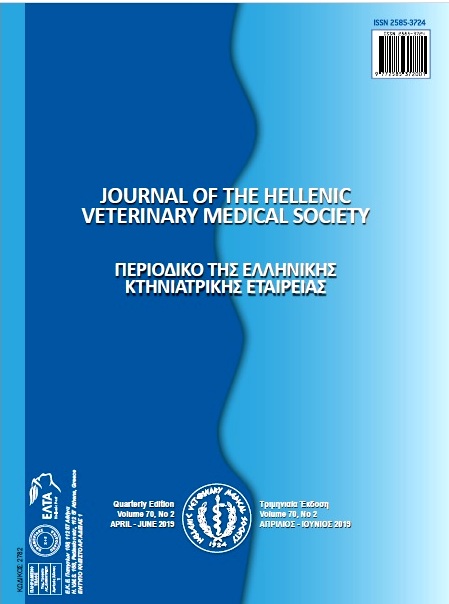Methylsulfonylmethane alone or in combination with thiocolchicoside modulate autoimmune disease in rats with adjuvant arthritis

Abstract
Many active anti-arthritic natural substances are revealed into the past years. The aim of study was to assess the combined efficacy of methylsulfonylmethane (MSM) with thiocolchicoside (Th) (compound MTh) and MSM alone against adjuvant-induced arthritis (AA) in rats. In the first experiment 30 rats and in the second - 21 ratswere randomly divided into 6 groups: I gr. - AA + MSM (77 mg/kg), II and V gr. - AA + diclofenac (DF), III and VI gr. - the control AA groups without treatment, IV gr. - MTh (38 mg/kg). DF (1 mg/kg) in both experiments was used as a reference drug. 6 rats were as the healthy control group. AA rats were treated from day 0 to 17. All preparations were suspended in 0.5 ml of 1℅ starch gel and injected orally 5 days a week. Body weight and joint swelling were monitored 3 times a week. Development of polyarthritis, blood indices, pro-/antioxidant activity and pro-inflammatory cytokines in blood serum, and histopathology of the liver and paw were assessed at the end of experiment. MSM significantly decreased joint swelling on days 3 and 13. MTh in twice lower dose more markedly suppressed joint swelling and also significantly reduced the changes in soft periarticular tissues, synovium and cartilage as compared to the control AA group. Both preparations alleviated infiltration with inflammatory cells and synovial proliferation, as well as protected cartilage destruction and decreased pannus formation. MSM and MTh improved the blood indices and insignificantly suppressed IL-17. They markedly decreased the level of malondialdehyde (MDA). Some anti-oxidant activity of preparations was also confirmed. No toxic effects on the liver were revealed. MSM and MTh attenuated the development of AA in rats. Combination therapy was more effective than single MSM and required the twice lower doses to receive the beneficial anti-arthritic effect. Both preparations could be the potential preventive or therapeutic candidates for the treatment of autoimmune processes in combination with other drugs.
Article Details
- How to Cite
-
AKRAMAS, L., LEONAVIČIENĖ, L., BRADŪNAITĖ, R., VAITKIENĖ, D., VASILIAUSKAS, V., DUMALAKIENĖ, I., ZABULYTĖ, D., NORMANTIENĖ, T., & JONAUSKIENĖ, I. (2019). Methylsulfonylmethane alone or in combination with thiocolchicoside modulate autoimmune disease in rats with adjuvant arthritis. Journal of the Hellenic Veterinary Medical Society, 70(2), 1561–1572. https://doi.org/10.12681/jhvms.20862
- Issue
- Vol. 70 No. 2 (2019)
- Section
- Research Articles

This work is licensed under a Creative Commons Attribution-NonCommercial 4.0 International License.
Authors who publish with this journal agree to the following terms:
· Authors retain copyright and grant the journal right of first publication with the work simultaneously licensed under a Creative Commons Attribution Non-Commercial License that allows others to share the work with an acknowledgement of the work's authorship and initial publication in this journal.
· Authors are able to enter into separate, additional contractual arrangements for the non-exclusive distribution of the journal's published version of the work (e.g. post it to an institutional repository or publish it in a book), with an acknowledgement of its initial publication in this journal.
· Authors are permitted and encouraged to post their work online (preferably in institutional repositories or on their website) prior to and during the submission process, as it can lead to productive exchanges, as well as earlier and greater citation of published work.


